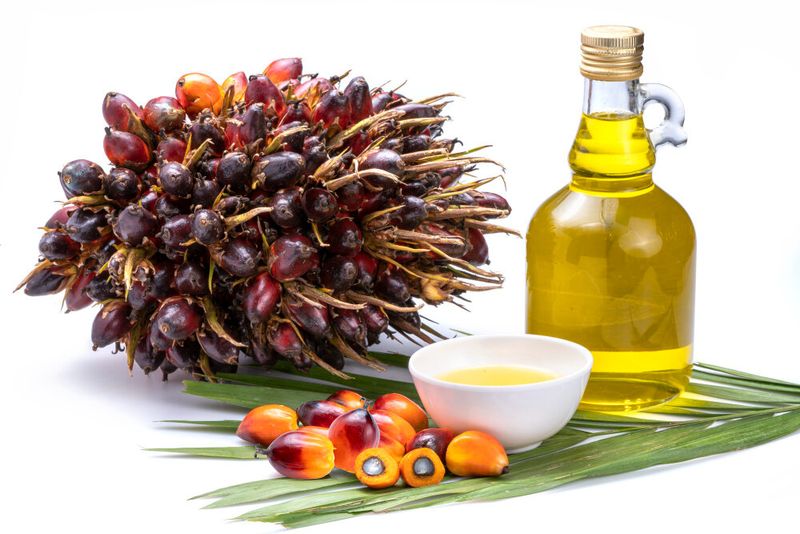Indonesia biggest palm oil group shrugs off new export permit policy

Indonesia’s biggest palm oil association GAPKI on Wednesday shrugged off a new government policy requiring exporters of the vegetable oil to gain approval for their shipments and declare their domestic sales.
The world’s top producer and exporter of palm oil has been trying to tame domestic cooking oil prices that have climbed about 40per cent from a year earlier, in line with high global palm oil prices.
Global palm oil prices last year surged amid demand recovery from major buyers such as India and China while production in Indonesia and rival Malaysia slowed.
In efforts to control prices the Trade Ministry said on Tuesday it would require exporters to obtain shipment approval from the ministry for exports of crude palm oil, used cooking oil and refined, bleached and deodorized palm olein (RBD palm olein).
The permit requirement takes effect from Jan. 24 and will be imposed for six months, the ministry said. Exporters are currently only required to do customs declarations for shipments.
“I think there will be no impact (to exports),” GAPKI chairman Joko Supriyono told Reuters on Wednesday.
“This is for the sake of improving exports’ orderliness amid national cooking oil programme to ensure availability and supply security,” he added.
Prices of palm oil benchmark contract in Malaysia rose as much as 3.2per cent in the early trade on Wednesday in reaction to the Indonesian policy and amid higher crude oil futures. [POI/]
To secure the trade ministry export permits, palm oil companies must declare that they are supplying these palm oil products to domestic buyers, attaching sales contract proof as well as their six-month plans for exports and domestic distribution.
The Trade Ministry assured the industry there would be no minimum requirement for palm oil domestic sales.
GAPKI data showed that in January-October last year, Indonesia consumed 15.18 million tonnes of palm oil products, including biodiesel, and exported 28.89 million tonnes.
Meanwhile, the government starting Wednesday set a single-price for cooking oil at 14,000 rupiah ($0.9746) a litre for household consumptions and small businesses, compared over 21,000 rupiah a litre retail price according to online marketplaces.
The government will provide 7.6 trillion rupiah in subsidies for 250 million litres of cooking oil every month for six months to maintain this price point, the ministry said.
Read also
AmSpec – Partner of BLACK SEA GRAIN.KYIV-2026
Romania Emerges as a Strategic Pillar in the EU Rapeseed Supply Shift
Africa’s interest in agro-processing creates an opportunity for Ukraine to develop...
High soybean yields in Brazil pose challenges for the US market
Pakistan faces potential wheat shortage amid war and drought
Write to us
Our manager will contact you soon



